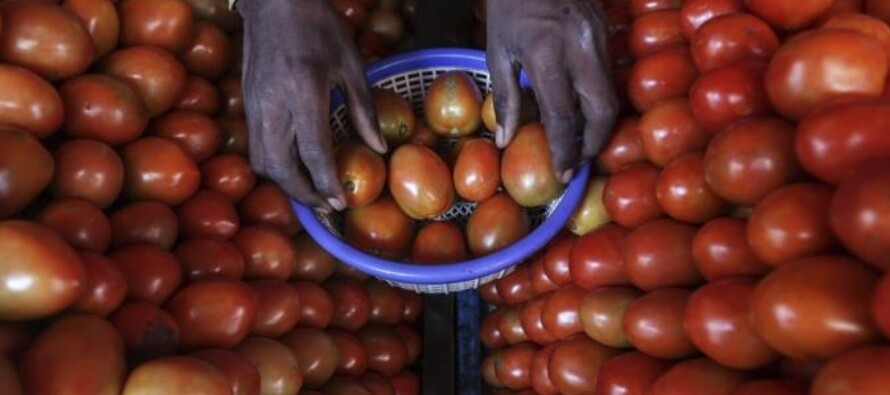
Researchers from China and the United States have managed to manipulate two genes in tomatoes using the CRISPR genetic editing technique to obtain sweeter fruits without affecting their size or the plant's yield. This resolves a previous issue, as the majority of consumers prefer sweeter tomatoes, but commercial varieties often have low sugar levels due to the prioritization of yield over quality.
The study published in Nature reveals that glucose and fructose levels in the fruit were increased by up to 30%. The team led by the Chinese Academy of Agricultural Sciences identified two genes, SlCDPK27 and SlCDPK26, as essential in sugar accumulation. These genes regulate the production of sucrose and its degradation in tomatoes.
Using CRISPR technology, these genes were knocked out in the tomatoes, resulting in increased glucose and fructose levels without affecting the weight or yield of the plants. However, the genetically edited tomatoes produced fewer seeds and lighter ones, although their health and germination rates were barely affected.
The genes SlCDPK27 and SlCDPK26 are common in various plant species, suggesting that these findings could be applied to other crops. A complementary article published also in Nature states that this advancement "represents an exciting step forward in understanding resource allocation in fruit and its implications for global crop improvement."














